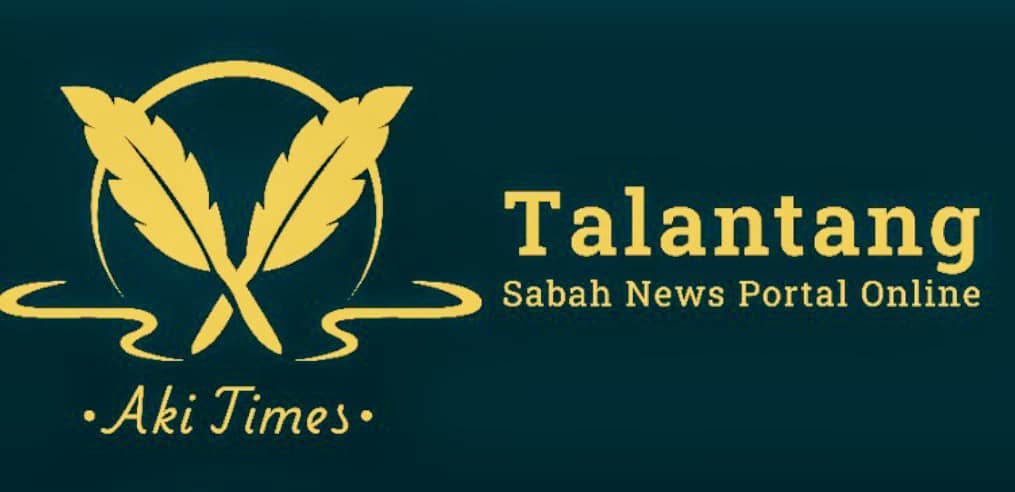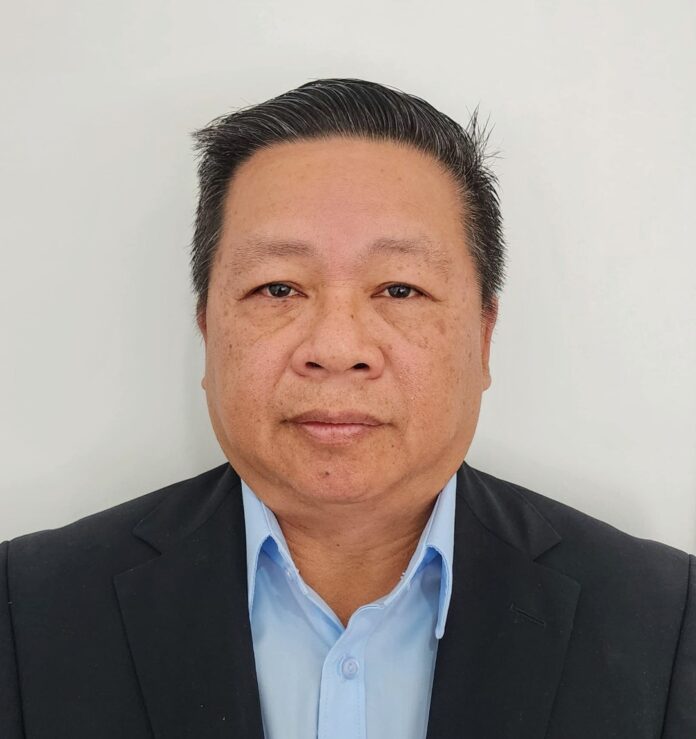By Allan G Dumbong
The definition of corruption
From a Google search, the noun “Corruption” comes from Latin words, meaning “with, together,” and rumpere, meaning “to break.” Corruption can “break” or destroy someone’s trustworthiness and good reputation with others.
It simply means dishonest or fraudulent conduct by those in power, typically involving bribery.
Why is corruption so rampant?
Corruption tends to be more prevalent in developing and third-world countries due to a variety of factors:
Weak Institutions: Many developing countries need robust legal and regulatory frameworks and effective law enforcement agencies, which can lead to a lack of accountability and oversight.
Poverty: Poverty exacerbates corruption by creating conditions where individuals may resort to bribery or other corrupt practices to meet basic needs or improve their economic situation.
Limited Access to Education and Information: Inadequate education and limited access to information contribute to a need for more awareness about the detrimental effects of corruption, making it easier for corrupt practices to persist.
Political Instability: Political instability and frequent changes in government can create opportunities for corruption to flourish, as competing factions may use corruption to gain and maintain power.
Lack of Transparency and Accountability: Weak transparency and accountability mechanisms make it easier for corrupt individuals to operate without fear of detection or consequences.
Cultural Factors: In some cultures, there may be a tolerance or acceptance of corruption, making it more difficult to combat.
Addressing corruption requires comprehensive efforts to strengthen institutions, improve governance, promote transparency and accountability, and address socio-economic inequalities.
The major implications of corruption to Sabah
As in other societies, corruption has significant consequences for Sabah, including:
Undermining Trust: Corruption erodes trust in government institutions, businesses, and societal structures, leading to cynicism and a lack of confidence in the rule of law.
Economic Costs: Corruption distorts markets, reduces economic efficiency, hinders investment, and undermines economic growth. It also diverts resources away from essential public services and infrastructure projects.
Social Injustice: Corruption exacerbates inequality by diverting resources away from those who need them most and perpetuating systems of privilege and patronage.
Impeding Development: Corruption impedes sustainable development by hindering efforts to alleviate poverty, improve public services, and promote economic growth.
Undermining Democracy: Corruption undermines democratic processes by distorting electoral systems, undermining the rule of law, and eroding public trust in political institutions.
Undermining Human Rights: Corruption can lead to human rights abuses, as corrupt officials may engage in arbitrary enforcement of laws, suppression of dissent, or exploitation of vulnerable populations.
Overall, corruption undermines the fabric of society, weakens institutions, and impedes progress towards social, economic, and political development.
The significant implications for Sabah in 100 years
In the long run, the impact of corruption on the existence of Sabah as a state over 100 years can be profound and far-reaching:
Institutional Decay: Corruption weakens state institutions over time, eroding their effectiveness and legitimacy. This can lead to a loss of public trust and a breakdown of governance structures.
Economic Stagnation: Persistent corruption can inhibit economic growth and innovation, leading to long-term stagnation and decreased prosperity for citizens.
Social Fragmentation: Corruption can exacerbate social divisions and inequalities, increasing social unrest, polarisation, and conflict.
Environmental Degradation: Corruption may lead to the mismanagement of natural resources and environmental degradation, resulting in long-term ecological damage and diminished quality of life for future generations.
Loss of International Standing: A reputation for widespread corruption can undermine a state’s credibility and influence on the global stage, affecting diplomatic relations, trade agreements, and international cooperation.
Erosion of Democratic Values: Corruption undermines democratic principles such as transparency, accountability, and the rule of law, potentially leading to the erosion of democratic institutions and norms over time.
Overall, the long-term implications of corruption can be detrimental to a state’s stability, prosperity, and sustainability, posing significant challenges to its continued existence and development over a century. Addressing corruption requires sustained efforts to strengthen institutions, promote accountability, and cultivate a culture of integrity within society.
How can we fight corruption?
The people can play a crucial role in fighting corruption by taking proactive steps to promote transparency, accountability, and integrity. Here are some ways we, as individuals or collectively, can contribute to anti-corruption efforts.
We must stay informed about corruption issues in our community, country, and globally. Knowledge empowers us to recognise and challenge corrupt practices.
Report Corruption: Report instances of corruption to relevant authorities, such as anti-corruption agencies, law enforcement, or whistleblower hotlines. Like many countries, we must have mechanisms to handle corruption complaints confidentially.
Support Whistleblowers: Encourage and support whistleblowers who expose corruption by providing protection, legal assistance, and advocacy.
Advocate for Transparency and Accountability: Advocate for transparency and accountability in government institutions, public procurement processes, and business operations. Support initiatives that promote open data, access to information, and public participation in decision-making.
Hold Leaders Accountable: Hold public officials and leaders accountable by demanding government spending, electoral practices, and policy-making transparency. Participate in elections and vote for candidates who are demonstrating a commitment to fighting corruption.
Promote Ethical Behaviour: Foster a culture of integrity and ethical behaviour in your community, workplace, and everyday interactions. Refuse to engage in or condone corrupt practices and encourage others to do the same.
Support Civil Society Organizations: Support and collaborate with non-governmental organisations (such as Bersih), watchdog groups, and grassroots movements working to combat corruption and promote good governance.
Educate Others: Educate others about the detrimental effects of corruption and the importance of collective action in fighting it. Raise awareness through social media, community events, and educational initiatives.
By taking collective action and holding the public (YBs and government servants) and private actors (contractors) accountable, the people can contribute to the fight against corruption and promote a more just and equitable society.
In Sabah or Malaysia, the fight against corruption is crucial for the state’s development, stability, and prosperity. Summarily, we can say that:
It is essential to have transparency in natural resource management. Sabah is rich in natural resources, including oil, gas, timber, and biodiversity. Transparency and accountability in managing these resources are essential to prevent corruption and ensure that the benefits are equitably distributed among the population.
We must also address illegal logging and wildlife trafficking or unregulated and unreported fishing (IIU). Sabah has faced challenges related to illegal logging and wildlife trafficking, which are often facilitated by corruption and lack of enforcement. The people could play a role in combating these issues by reporting illegal activities and supporting efforts to strengthen law enforcement and regulatory mechanisms.
We continuously promote integrity in government institutions. Given the diverse ethnic and cultural makeup of Sabah, promoting integrity and inclusivity in government institutions is crucial to building trust and fostering social cohesion.pr Citizens can advocate for greater transparency, merit-based recruitment, and diversity in public service to prevent corruption and ensure fair representation.
Collaborate with the indigenous communities. Sabah is home to numerous indigenous communities whose rights and interests must be protected against corrupt practices such as land grabs and exploitation. As partners in safeguarding, we can help empower the indigenous communities through legal recognition of their land rights, consultation in decision-making processes, and access to justice, which can help prevent corruption and promote social justice.
The rakyats must always be available to support anti-corruption initiatives. Sabahans can support anti-corruption initiatives led by government agencies (such as the Suruhanjaya Pencegahan Rasuah Malaysia), civil society organisations (Bersih), and international partners (Transparency International). This includes reporting corruption cases, advocating for stronger anti-corruption laws and enforcement mechanisms, and promoting ethical behaviour in all sectors of society.
Conclusion
Many believe that corruption is rampant in Sabah. If left unchecked, Sabah could fall into the valley of darkness due to the ugly implications of corrupt practices. Therefore, the fight against corruption in Sabah requires a multi-stakeholder approach, with citizens, government agencies, civil society organisations, and the private sector working together to promote transparency, accountability, and integrity in governance and public life.
*Allan G Dumbong is a researcher. He holds a BA Hons in political science from the National University of Malaysia, a Master of Business Administration from Ohio University, USA and a Master of International Relations from the University of Otago, New Zealand. He is currently involved in doctoral-level research at the University of Malaya in International Relations and Strategic Studies.
Editor: The views expressed are those of the writer and do not necessarily reflect those of Talantang.

